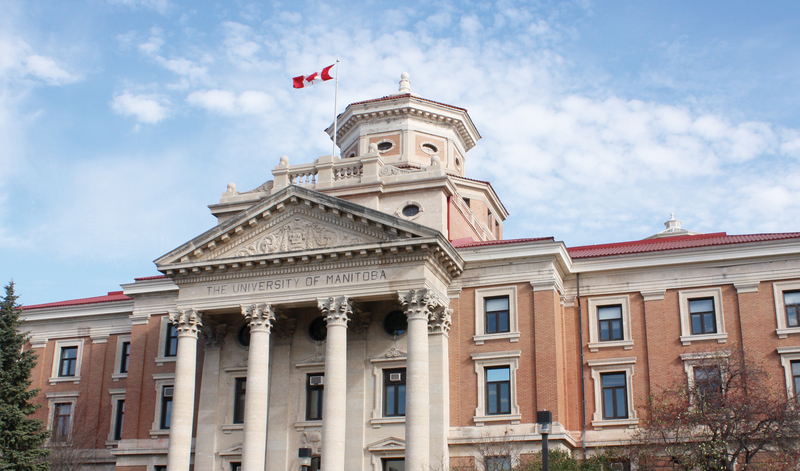The University of Manitoba has introduced a new standalone anti-sexual assault policy at a time when sexual assault is a hot-button issue at Manitoba universities and colleges.
The policy, which passed the board of governors on June 22, will deal specifically with cases of sexual assault, rather than subsuming them under the university’s broader behavioural policies. Also passed by the board of governors were revisions to the other behavioural policies to streamline and cross-reference them.
Development of the policy was a long process that included input from students, campus groups, faculty, and the broader community.
“As a community, we are pleased to have been able collectively to develop a sexual assault policy through a consultative process with a wide-ranging number of groups and individuals, including students, faculty, staff and subject area experts,” said U of M president David Barnard in an official release.
Tanjit Nagra, president of the University of Manitoba Students’ Union (UMSU), praised the policy in the release.
“It is important that UMSU and the administration work together to create a safer campus for students, and to ensure that the proper protocols are in place to help survivors of sexual assault, and other misconduct as well.”
The policy specifies how faculty and staff should respond to an incident of sexual assault in a supportive manner, and enshrines the principle that the person who experiences the assault should make the final decision about their own interests.
A page has been added to the U of M’s website with resources related to sexual assault, including guidelines for responding to a disclosure.
Bill 204
On June 8, NDP education critic Wab Kinew sponsored a private member’s bill, bill 204, concerning sexual assault policies at post-secondary institutions.
Reviving a proposal from the NDP government’s last session that never got past its first reading, Kinew’s bill would amend the acts establishing Manitoba’s various universities and colleges to include a requirement for the institutions to maintain standalone sexual assault and harassment policies.
Each institution would have to create a policy to raise awareness of sexual violence and harassment, take preventative measures, and enable reporting of incidents. The policies would have to be developed in consultation with students and include public reporting of the institutions’ actions.
“I think we need a consent culture on campus, both at the U of M and across Manitoba. So this policy will help advance that,” Kinew said in an interview.
“I think that the reason for the bill still remains, though, that we need not just the U of M, but we need every university in Manitoba to move in the same direction.”
Kinew, who worked as an administrator at the University of Winnipeg before being elected as an MLA in the spring, highlighted the importance of a standalone policy on sexual assault, as opposed to a broad behavioural policy.
“When you’re designing institutional policy, if you want certain outcomes you have to be very intentional about it. So if you want to combat sexual violence and sexual misconduct, you have to really focus on it and you can’t just lump it in with other initiatives,” he said.
“It seems like the issue’s becoming more and more acute across North America of cases of sexual misconduct, and that just underlines the need to have a robust policy that includes student input and also has public reporting as part of it.”
The legislative session ended June 30 with no further debate on bill 204 beyond its first reading. The U of M’s sexual assault and harassment policy was designed to meet bill 204’s standards.
Sexual assault policies in Brandon
The question of province-wide standards on sexual assault policies came to the fore when a CBC report in April revealed that Brandon University students who reported sexual assault incidents at the institutional level were made to sign “behavioural contracts” – statements promising not to discuss the incident with anyone other than a counsellor on pain of suspension or expulsion.
After public pressure, Brandon University president Gervan Fearon apologized and said the school would end the practice of using behavioural contracts in cases of sexual assault.
The report of the university’s task force on sexual violence was later found to have several key bits of wording in common with a similar report released a year earlier at Queen’s University, leading students to allege that the report had been plagiarized.
A subsequent CBC investigation into the task force found that it had three members, met only 12 times, and kept no minutes or agendas.





